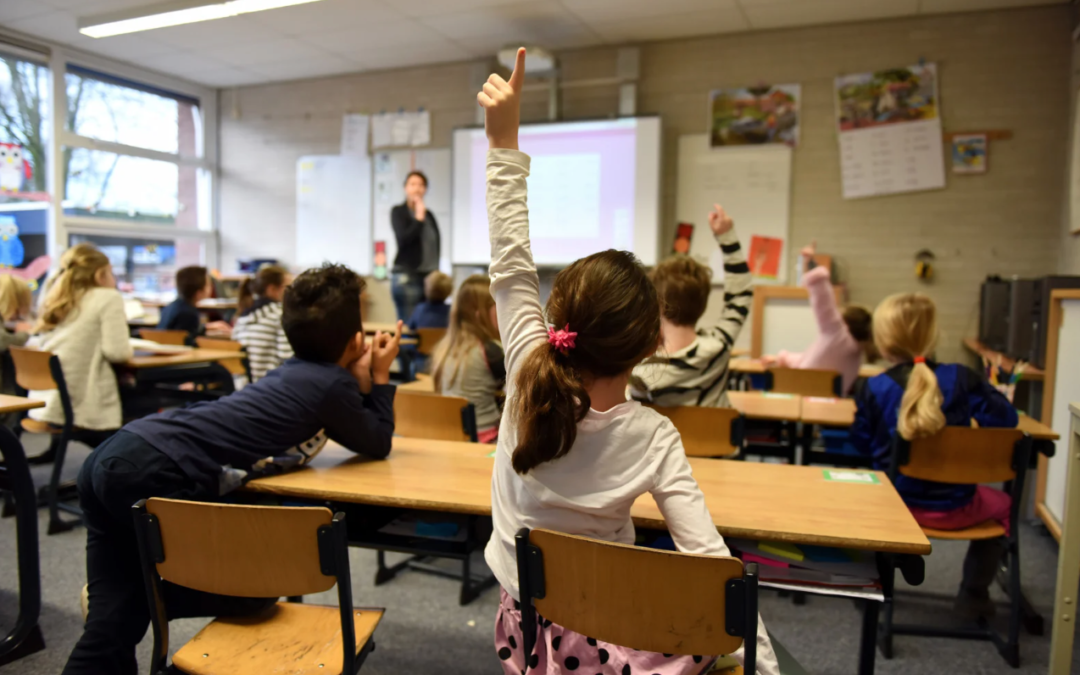Students with or without 504 Plans or Individualized Education Programs (IEP) may receive modifications and/or accommodations to their learning plans in school. While there are many similarities between modifications and accommodations, there are also key differences that are important for families seeking support in school to know.
Accommodations and modifications can apply to various parts of learning – including instruction, tests, and experiences outside the classroom, like in physical education or music class.
Accommodations
Accommodations change how a student may learn material in school. The purpose of accommodations is to help students learn the same material as their peers – but in a way that supports their specific needs. For example, students may listen to audio books instead of reading, read text in a larger font size, or take a test in an alternate location to minimize distractions.
Modifications
Modifications change the actual material students may learn in school. Modifications are meant to help address a student’s specific needs and could mean a student will have different learning goals than some of their peers. Some common examples of modifications include changing assignments or programs suited for a student’s needs or learning different – or spending more time – on material than their peers.
The team of attorneys at Kennedy Hunt PC are experts in education law. If you or your child need support with your educational rights, we may be able to help you. Fill out a questionnaire so we can understand your claim.

